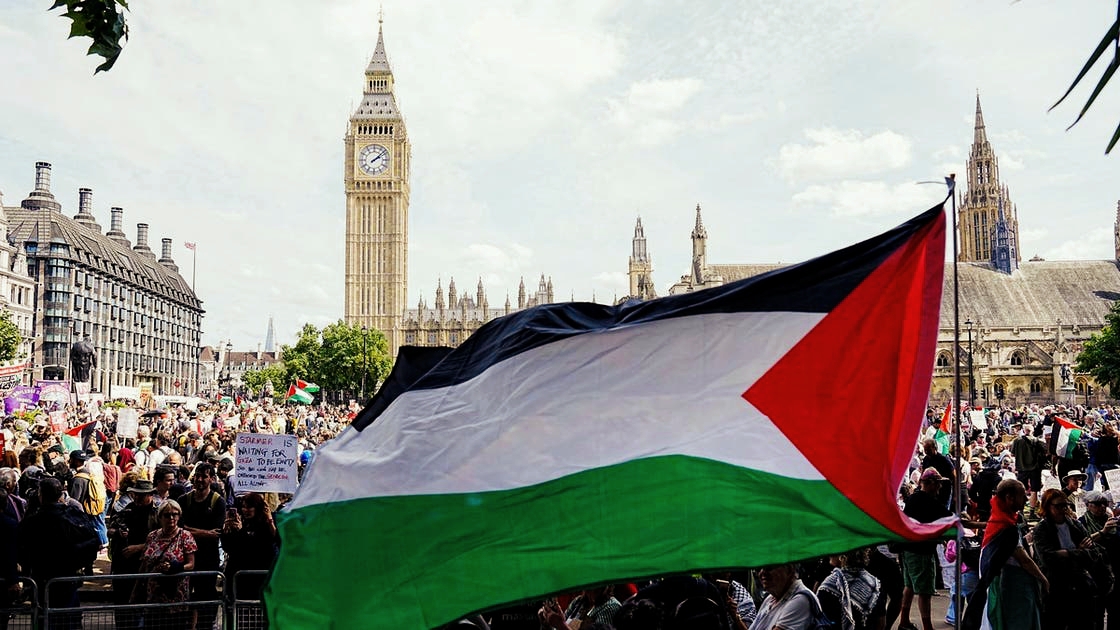The British newspaper "The Times" revealed yesterday, Wednesday, that British Prime Minister Keir Starmer is preparing to officially announce his country's recognition of the state of Palestine by the end of this weekend, following the conclusion of U.S. President Donald Trump's official visit to the United Kingdom.
Starmer postponed this announcement until after Trump's departure, fearing that the issue of Palestinian recognition would overshadow the joint press conference scheduled between the two leaders today, Thursday.
Starmer had announced last July that London would take this step if Israel did not take measures to alleviate the suffering of Gaza residents and reach a ceasefire in the ongoing war between Israel and Hamas for over two years.
This announcement comes amid an unprecedented second official visit by Trump to Britain, where he expressed last July that he did not oppose Britain taking this step, although the United States later confirmed its opposition to any recognition from its European allies.
Pressure is mounting on Starmer within the Labour Party, as about one-third of government members are calling for recognition of the state of Palestine, and more than 130 MPs have signed a letter supporting this direction.
Britain has long supported the "two-state solution" policy to end the Israeli-Palestinian conflict, but it emphasizes that achieving this will come at the right time.
France, Canada, Australia, and other countries, alongside Britain, are expected to announce their recognition of the state of Palestine during the United Nations General Assembly meetings held in September.
In contrast, U.S. Secretary of State Marco Rubio, accompanying Trump on his visit, expressed his support for Israel and considered that recognizing the state of Palestine "would complicate achieving peace and make negotiations harder," warning of a "backlash from Israel," which views recognition as a reward for Hamas.
It is noteworthy that French President Emmanuel Macron announced at the end of July his country's recognition of the state of Palestine during the General Assembly meetings, and more than 12 Western countries followed suit, while Saudi Arabia and France chaired a two-state solution conference in June amid broad global consensus on a fair settlement for the Palestinian issue and condemnation of the "starvation of Gaza."

